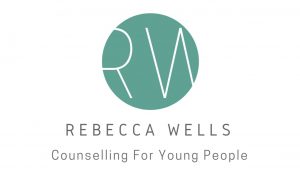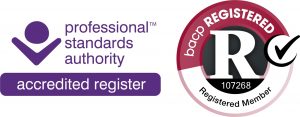What is counselling?
Counselling is a way of helping people with personal problems. Counsellors work with a wide range of concerns including anxiety, depression, bereavement, loneliness, self-esteem, difficulties in relationships, self-injury and eating problems.
Counselling is based on building a trusting relationship between counsellor and client. It can help people talk about their experiences and make sense of them. Counselling can allow people to express difficult feelings and to learn how to manage them in a helpful way. Counsellors are trained to listen thoughtfully and carefully to people’s problems without judging or criticising. They do not give advice but support their clients to make positive decisions for themselves.
Is it confidential?
Counsellors treat information disclosed to them as confidential. In addition, any information their supervisor receives is also treated as confidential and I do not disclose children or young people’s details to any third party. Children and young people have a right to speak to someone outside of the family in confidence and neither parent has access to any sessional information.
However, should a counsellor feel a child/young person is either a danger to themselves or others, she does reserve the right to inform outside agencies, but would not do so without, whenever possible, informing the child/young person. Please also note that under the Children’s Act, 1989 counsellors are required to report any child protection concerns to social services.





